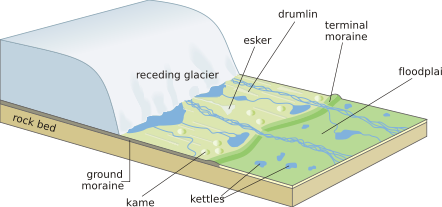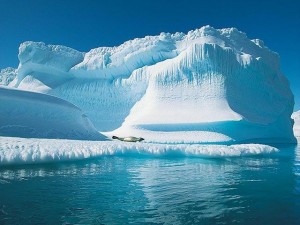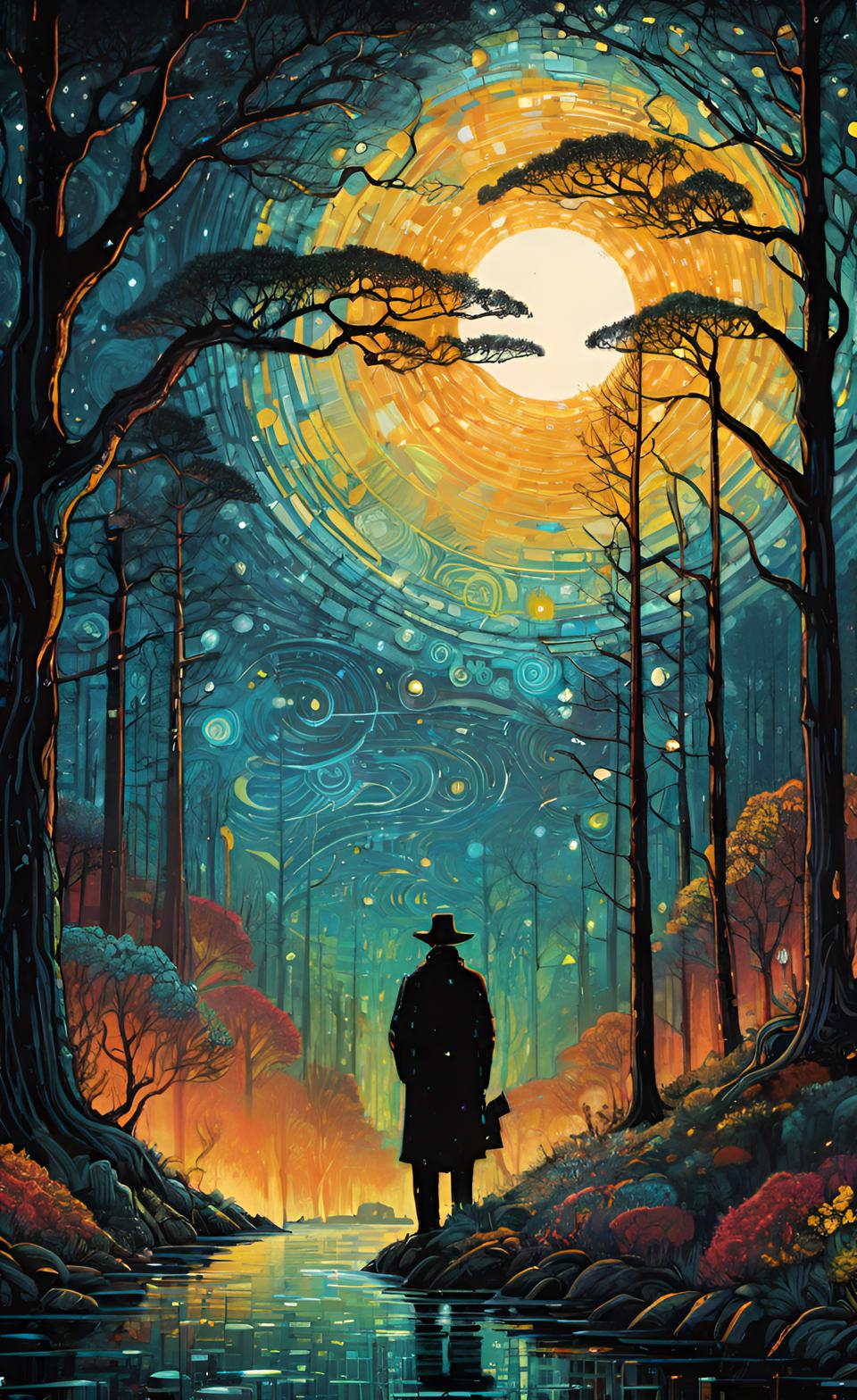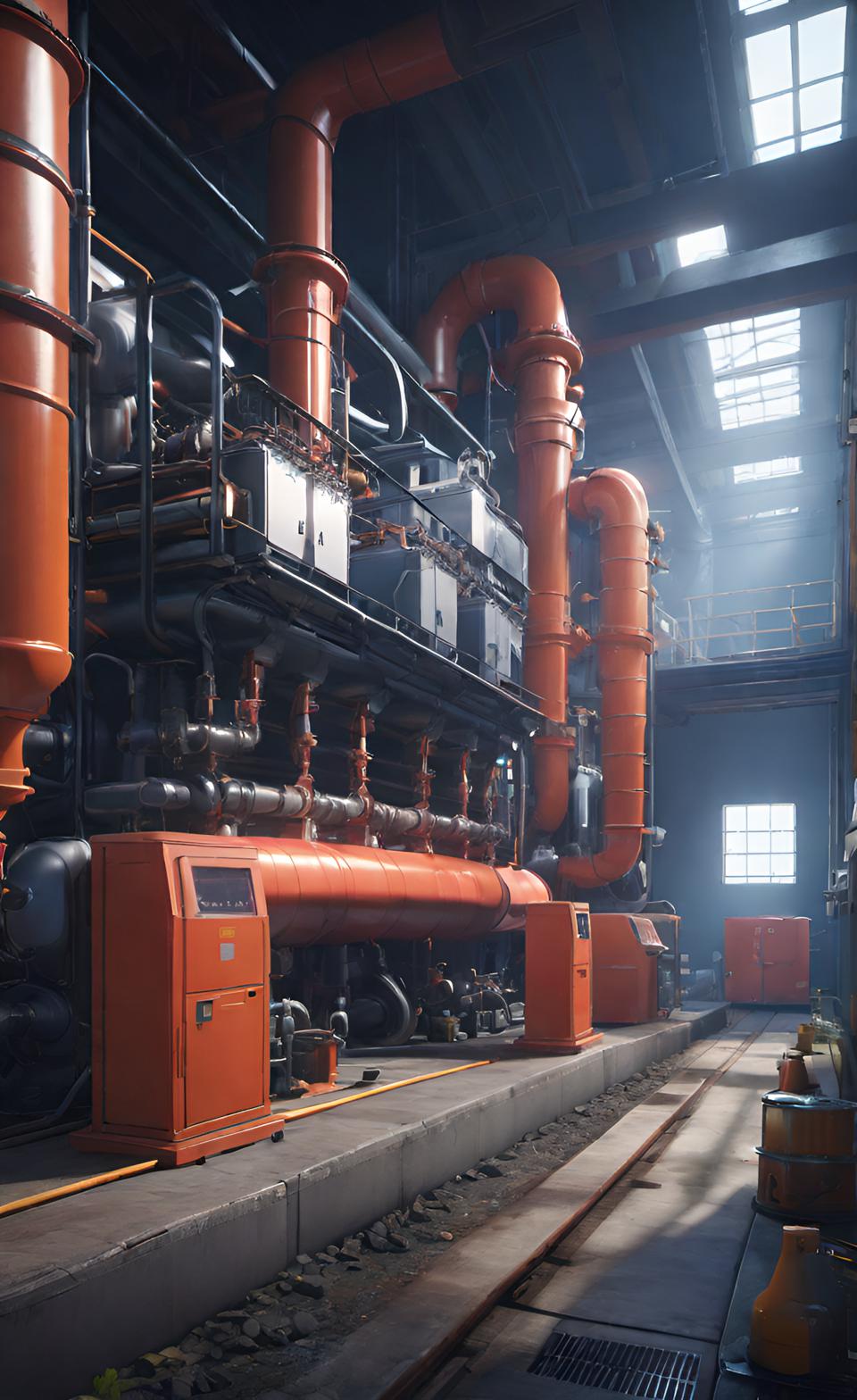- Air Homepage
- Global Warming
- Glacier Melting
Time to act on glacier melting and rising temperatures?
Find more about global warming.
Both global warming and glacier melting glacier melting are happening. Unfortunately, the cliché is the truth, rooted in reality. If we want to make progress, we have to acknowledge this unfortunate fact.
Maybe you've taken action and started reducing your carbon footprint. Switching to renewable energy, reducing single-use plastics, and carpooling instead of driving alone are all things that you might have done.
We already miss these majestic rivers of ice that have graced our landscapes for millennia. They shrink every year. In some cases, we have pictures of barren land left behind by receding ice. Today, you can even see video coverage of this ice breaking apart. Awe and horror fill the air.
Melting glaciers: why do people care?
Firstly is the impact on the environment. Glaciers regulate the Earth's climate and water supply. As they melt, it affects water availability, river flow, and even sea level rise, causing negative impacts on the environment.
Next, the melting of glaciers has serious economic and cultural consequences. Loss of tourism, agriculture, and hydropower can affect people's livelihoods, as well as indigenous communities' traditional knowledge and practices.
Glaciers are melting because of climate change. The environment, economy, culture, and global community are all affected. Our future depends on finding solutions to this problem. Most of the world's people, including the poorest, are losing their fresh water sources. Once the melting glacier source runs out, where will they get their water? First of all, how did that water get up there?
It reminds me of the time I visited the Columbia Ice Field in western Alberta. It was summertime and melting quickly, with water gushing in high-speed channels. It looked like climate change right there.
Also, Greenland and Antarctica are shrinking, and global warming gets the blame. Is this correct? It's widely believed that human activities like burning fossil fuels and deforestation are causing global temperatures to rise. As a result, greenhouse gases are released into the atmosphere, causing the planet to warm.
The glaciers and ice caps in Greenland and Antarctica are melting, so they're shrinking. The melting of the ice caps is also said to be a natural phenomenon, not caused by global warming. According to scientists, the melting of the Laurentide Ice Sheet, which covered most of Canada and the northern United States at the end of the last ice age, was caused by rising temperatures and changes in the Earth's orbit.
Earth's climate has gone through natural cycles of warming and cooling, but the current rate of melting of the ice caps is way above normal. Some scientists say it's because human activities have increased greenhouse gas levels in the atmosphere.
Temperatures recorded by our meteorological stations have increased definite and real over the last 100 years or more, so it's only logical that visible evidence of this warming will show up sooner or later. As the temperatures rise, the world's ice reserves will shrink.
The history of global warming and glacier melting
It's the end of the world as we know it. Is this something you've seen before? We don't know for sure, but the data we have suggests that earth has been warmer many times in the past. We've also had arctic weather all over the planet. It'd probably be better if it was too warm. Nature adapts. In the past, many species have disappeared permanently, and that's likely to continue, but the ecosystem as a whole hasn't.
As a result of the release of greenhouse gases (GHGs), like carbon dioxide, nitrous oxide and methane, global warming is strongly linked to changes in atmospheric composition. Most countries require industry to report their emissions.
Companies that emit more than a certain amount of carbon dioxide equivalent emissions have to report them to the government. How does Canadian pollution and greenhouse gas reporting work?
The experts at Calvin Consulting does this kind of reporting all the time for industrial emitters, and they're really good at it. Their team of experts has extensive experience with environmental auditing and reporting, as well as a deep understanding of emission regulations. They've also helped industrial emitters comply with their reporting requirements.
They know what to do to make sure the reports comply with environmental standards. From monitoring to data analysis, they have a team of experienced professionals. Additionally, they offer training and education to help their clients understand the law. You may wish to contact this service. Do so by email at:
Glaciers melting is a sign of change. Change has always occurred and will always happen. No one knows why. We have ideas, maybe even ways to stop the change, but no definite answers. We've just got to keep going and adapt to whatever the world throws at us. No other species has ever done it like us.
Good luck to us. Go back from Glacier Melting to the Solutions Global Warming page.
Search this website for more information now.
Do you see another sign of impending doom in the melting of glaciers?
There is a real threat of global warming. Glacier melting and other signs of increasing air temperatures are evidence of this phenomenon.
Do you have concerns about air pollution in your area??
Perhaps modelling air pollution will provide the answers to your question.
That is what I do on a full-time basis. Find out if it is necessary for your project.
Have your Say...
on the StuffintheAir facebook page
Other topics listed in these guides:
The Stuff in the Air Site Map
And,
Thank you to my research and writing assistants, ChatGPT and WordTune, as well as Wombo and others for the images.
GPT-4, OpenAI's large-scale language generation model, helped generate this text. As soon as draft language is generated, the author reviews, edits, and revises it to their own liking and is responsible for the content.






New! Comments
Do you like what you see here? Please let us know in the box below.